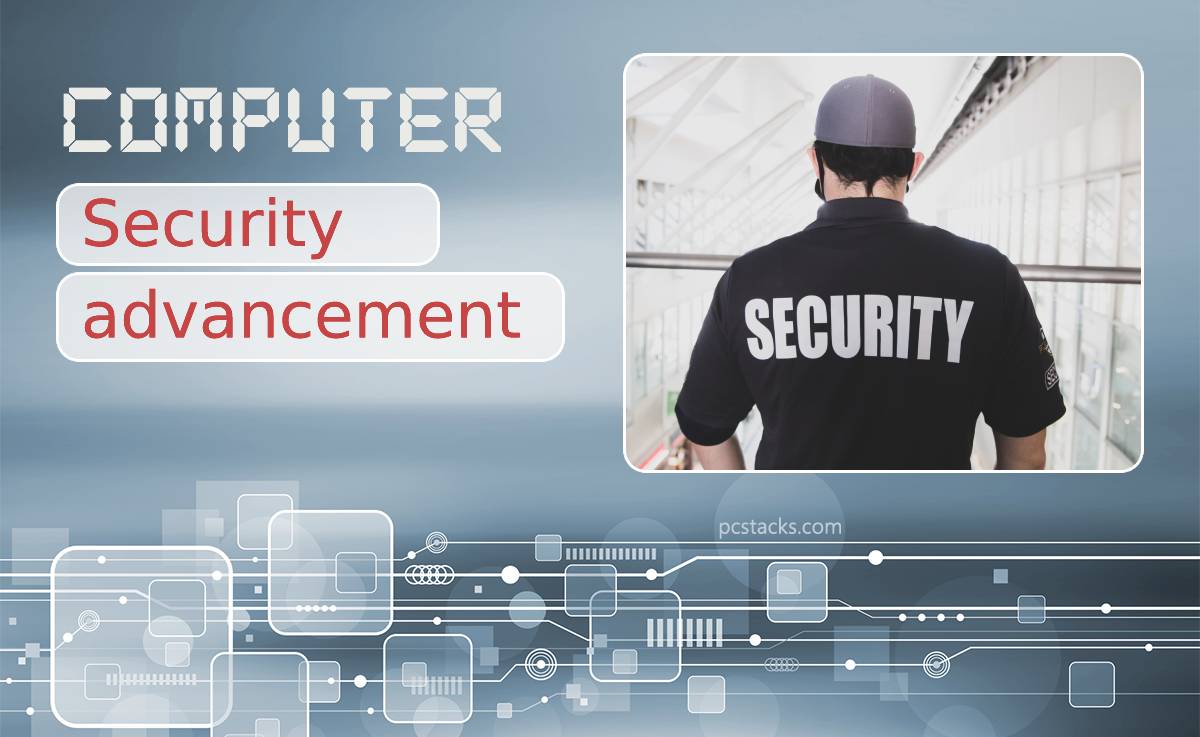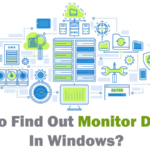In recent times, cybersecurity threats have been increasing at a rapid pace. It is crucial now more than ever to adopt security measures to keep your digital life safe. As technology progresses further, you store more and more of your data on various databases.
Moreover, social media sites and emails are the sources of most malware and hacking attacks this year. As a result, cybersecurity attacks are becoming the prime concern for most IT firms around the world. So, now is the right time to start being cautious about your activity on the internet.

In addition, one of the most damaging malware currently spreading is Ransomware. Once these get into your device, your files get encrypted. Unfortunately, the only way to decrypt and get back your files is by paying the hackers a hefty sum. Even then, there’s no guarantee that they won’t spread your files through the internet or decrypt them.
Thankfully, there isn’t much you need to know about the basics of cybersecurity to browse the virtual world safely and protect yourself from these attacks.
Table of Contents
Ten Best Personal Cybersecurity Tips in 2021
As stated above, you should maintain a few things when using your devices to stay safe. Use these ten tips to secure your devices and personal life from cybersecurity breaches.
1. Use Different Passwords on Different Accounts
It may seem easier to just set one password for all of your accounts and never worry about forgetting any of them. But, unfortunately, this is one of the biggest security concerns currently. If a hacker gets access to one of your accounts, they can automatically use every single account you’ve made for their malicious purposes.
So, if you are worried about the difficulty of remembering different passwords for your accounts, a password manager can be of great help. With a password manager, you need to remember one single password to access all of your accounts.
2. Invest in Anti-Malware and Anti-Virus Software
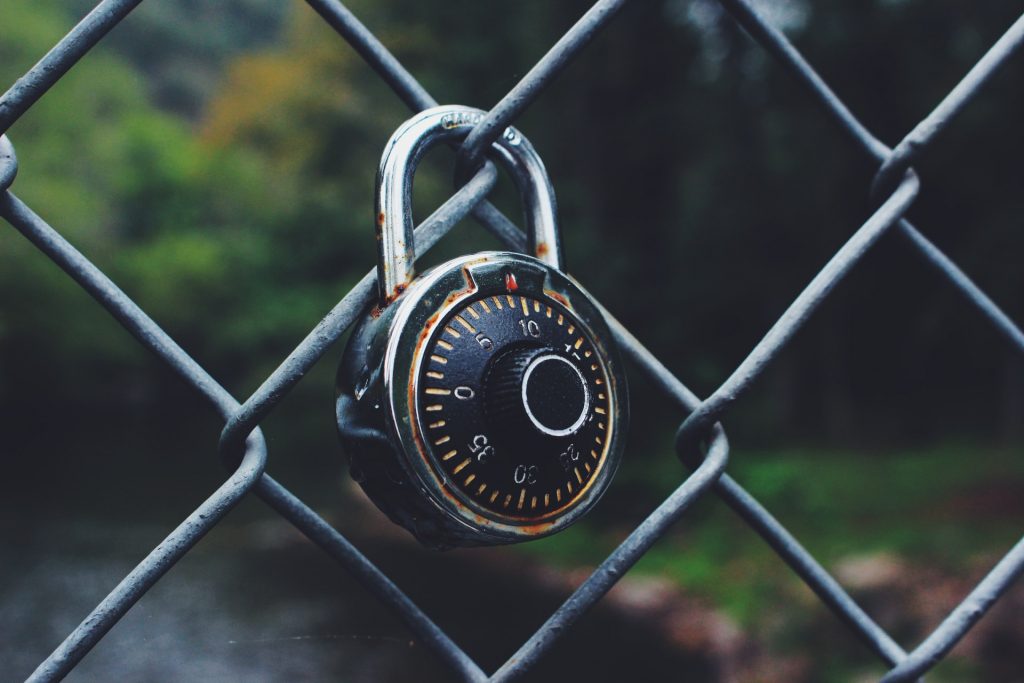
Having a trusted Anti-Virus and Anti-Malware system on your device is one of the best ways to battle malware. Most modern antivirus software provide real-time protection so that the malware doesn’t even get a chance to infect your device. Therefore, you can win antimalware battles using such tools. These programs can also scan the filesystem of your device for infections and remove them. Also, some of them include advanced firewall solutions to keep you safe while browsing the internet.
Furthermore, as cybersecurity threats grow stronger and stronger, despite your best efforts to avoid malware, you may get infected with it. Having a reliable and trusted antivirus or anti-malware program can help you stay safe from threats to your device and data.
3. Avoid Open Wi-Fi Networks
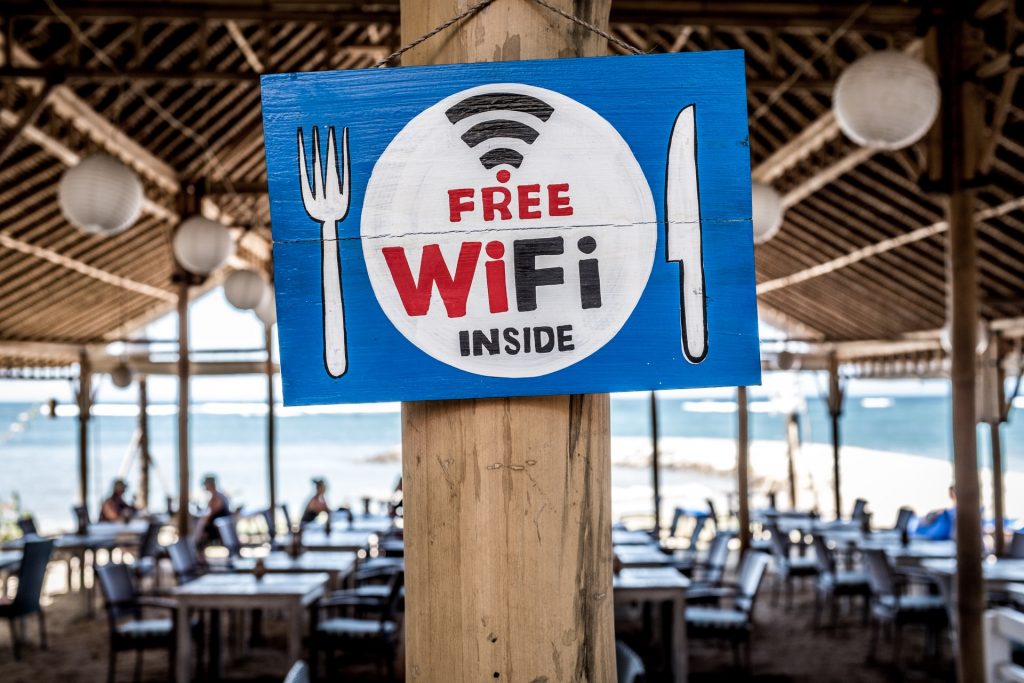
Hackers are always looking for people who connect to open Wi-Fi networks, as this is one of the easiest ways to hack your device. Therefore, it is always a better idea to find trusted encrypted network connections to use.
When you connect to an open public Wi-Fi connection, the hacker can intercept most of the data that goes back and forth from your device. Once the hackers have the data, they can access your emails, payment information, phone numbers, and even access any cameras on your device. So, overall, connecting to untrusted open Wi-Fi networks is best avoided except for emergencies. If your only option is to access the internet via public WiFi, connecting through a VPN minimizes your risk. A VPN, or Virtual Private Network, encrypts all your traffic between your computer and the server. This means only the computer with the correct decoder can read that data. Encryption via VPN permits a private connection via a public network.
4. Use Multi-Factor Authorization Wherever Possible
Using multi-factor authorization gives you additional layers of security while signing in to your accounts. Usually, you would need to enter your username and password to access your accounts. However, this way, you only get a single layer of security that the hackers can breach once they find out your password.
However, with Multi-Factor authorization, you need to complete another layer of security measures before you can log in to your account, either with a security question, a pin code, authorizing another device, or even using your fingerprint. Nevertheless, this simple method can go a long way to keep your account secure from intruders.
5. Look Out for Suspicious Emails and Unknown Contacts
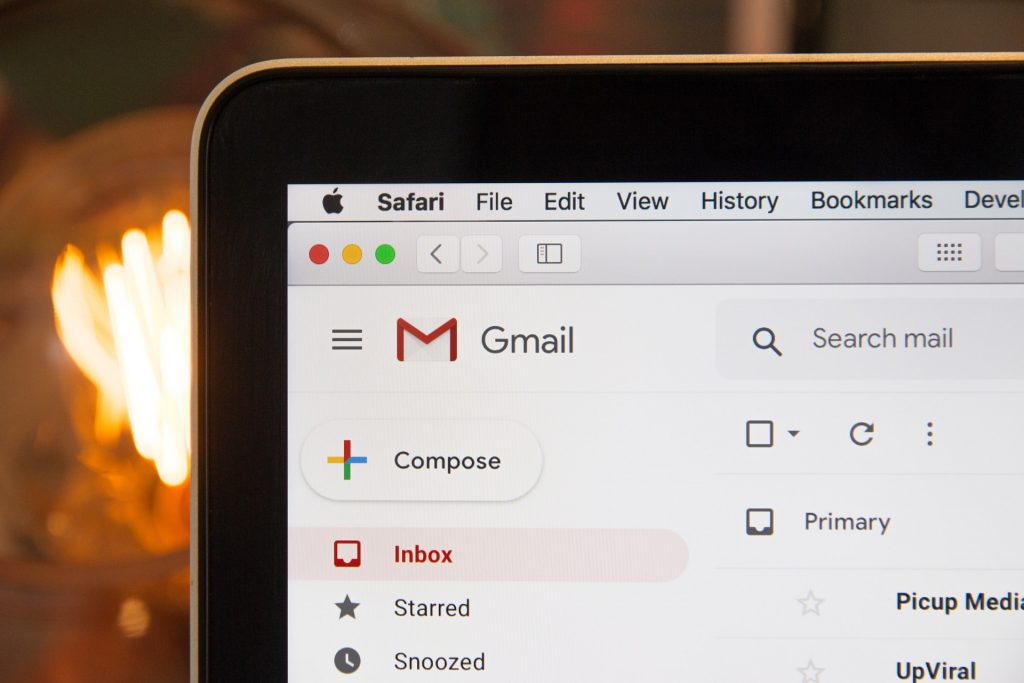
Most malicious software passes through emails that target unsuspecting victims. The attacker disguises the email as either promotional or detailing some scheme for which you need to enter your payment credentials.
These attacks also come through emails in file attachments or links that carry malware with them. When the user opens these attachments, the malware spreads itself throughout the device. So overall, it is a better cybersecurity measure to not open any attachments or links in emails received from unknown senders.
6. Use More Complex Passwords
If you have created a new account on any platform in recent times, then you probably have seen warnings for creating a complex password to keep your account safe. Some platforms even require you to compulsorily use a mixture of Alphanumeric, both letter cases, and numbers to create a password.
Moreover, complex passwords prevent hackers from guessing your passwords quickly. Instead, many attackers use a method known as ‘brute-force’, which involves trying every possible password until they get the right one. Having multiple characters, numbers, and symbols in your password makes it exponentially harder to brute force the correct one for your account.
7. Keep Your Software Updated
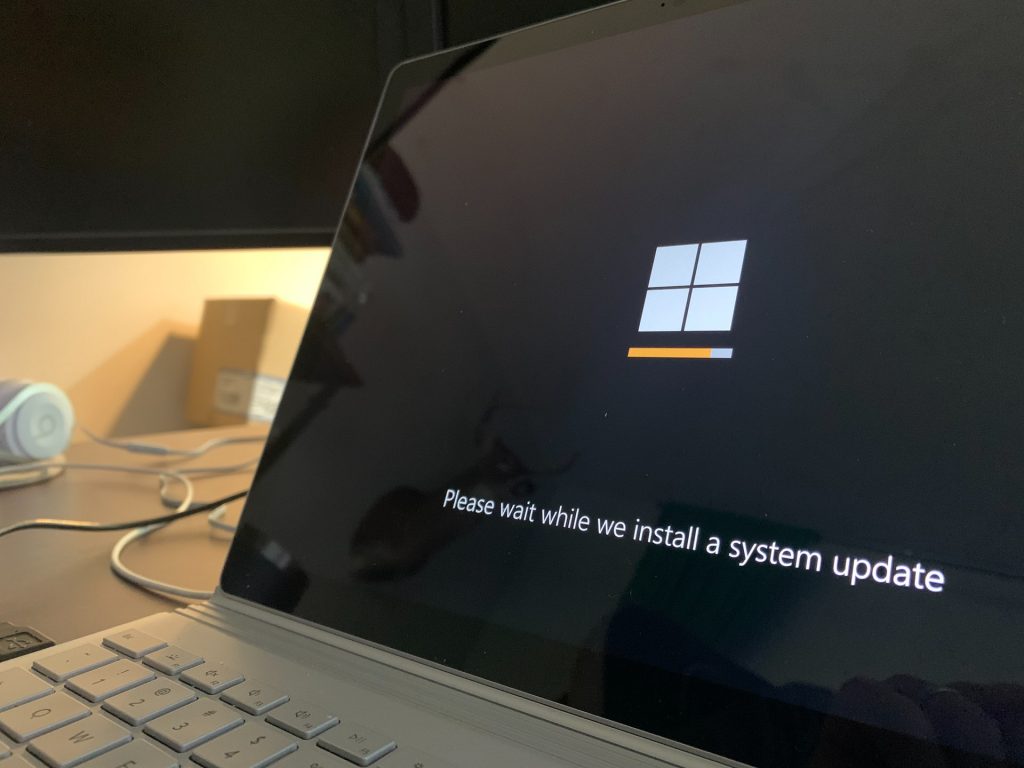
Keeping track of the installed software on your device and updating them regularly helps you avoid malware attacks. Unfortunately, new vulnerabilities are exposed in software every day, allowing hackers to use these loopholes in application security to infect and access your data.
Most of the time, developers of the apps fix these loopholes and bugs as soon as possible. Therefore, keeping your software updated can help you avoid these attacks by hackers most of the time. Also, the same applies to your operating system.
8. Stay Away From Unknown Sites and Random Popups
Another way your device can get malware infections is through malicious websites and popups. When browsing the internet, you should look out for the little lock icon that shows the protocol used by the webpage; whenever you need to enter sensitive information on a website, check if the address of the webpage starts with HTTPS and not HTTP.
The websites that use the HTTPS protocol have SSL encryption, making the data transfer between the webpage and the user much more secure. So, just a little attention to detail can keep your data safe. You can also use antivirus programs that provide browser protection.
9. Stay Vigilant On Social Media
![]()
Social media is a great place to hang out digitally with your friends and family. However, it is also an excellent place for hackers to find their victims. Some hackers use a “social engineering” method to coax you into opening a particular website or installing an app on your device. Also, these attackers keep a lookout for personal data you share openly on social media.
Thus, you should avoid connecting your phone number to your social media accounts. In addition, keep the information you post about your identification to a minimum. Also, avoid sharing very personal data on social networks, as they are never entirely secure.
10. Keep Backing Up your Data at Regular Intervals

Despite all measures, if you still get infected with severe cases of malware, your data may either get corrupted or locked behind a paywall. In cases of ransomware infection, most of the time, the only way to retrieve your data is to wipe the entire infected device and restore the backup.
Keeping backups of your most important data can be of great help when recovering from a malware attack. Top IT and security firms back up their data on three or more different locations to stay secured from attacks.
Conclusion
With advanced modern technology, your device and data can be compromised in a lot of different ways. For example, you can be a victim of hacking, phishing, or malware attacks. As you may have heard, prevention is always the best cure regarding cybersecurity.
Proper education and awareness on this topic can help lower digital crimes throughout the world. We hope these ten simple but effective tips will help you increase your knowledge about cybersecurity threats and keep you safe from them.

